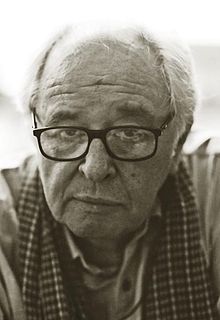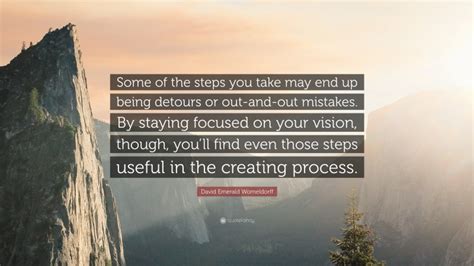A Quote by John Updike
To be human is to be in the tense condition of a death-foreseeing, consciously libidinous animal. No other earthly creature suffers such a capacity for thought, such a complexity of envisioned but frustrated possibilities, such a troubling ability to question the tribal and biological imperatives.
Related Quotes
If we are to understand the human condition, and if we are to accept ourselves in all the complexity, self-doubt, extravagance of feeling, guilt, joy, the slow freeing of the self to its full capacity for action and creation, both as human being and as artist, we have to know all we can about each other, and we have to be willing to go naked.
It must be stressed that there is nothing insulting about looking at people as animals. We are animals, after all. Homo sapiens is a species of primate, a biological phenomenon dominated by biological rules, like any other species. Human nature is no more than one particular kind of animal nature. Agreed, the human species is an extraordinary animal; but all other species are also extraordinary animals, each in their own way, and the scientific man-watcher can bring many fresh insights to the study of human affairs if he can retain this basic attitude of evolutionary humility.
My view is that consciousness, the seat of "personalness," is the ultimate reality, and is also scientifically impenetrable. In other words, there is no scientific test one can postulate that would definitively prove its existence in another entity. We assume that other biological human persons, at least those who are at least acting conscious, are indeed conscious. But this too is an assumption, and this shared human consensus breaks down when we go beyond human experience (e.g., the debate on animal consciousness, and by extension animal rights).
The difference between tragedy and comedy is the difference between experience and intuition. In the experience we strive against every condition of our animal life: against death, against the frustration of ambition, against the instability of human love. In the intuition we trust the arduous eccentricities we're born to, and see the oddness of a creature who has never got acclimatized to being created.






































